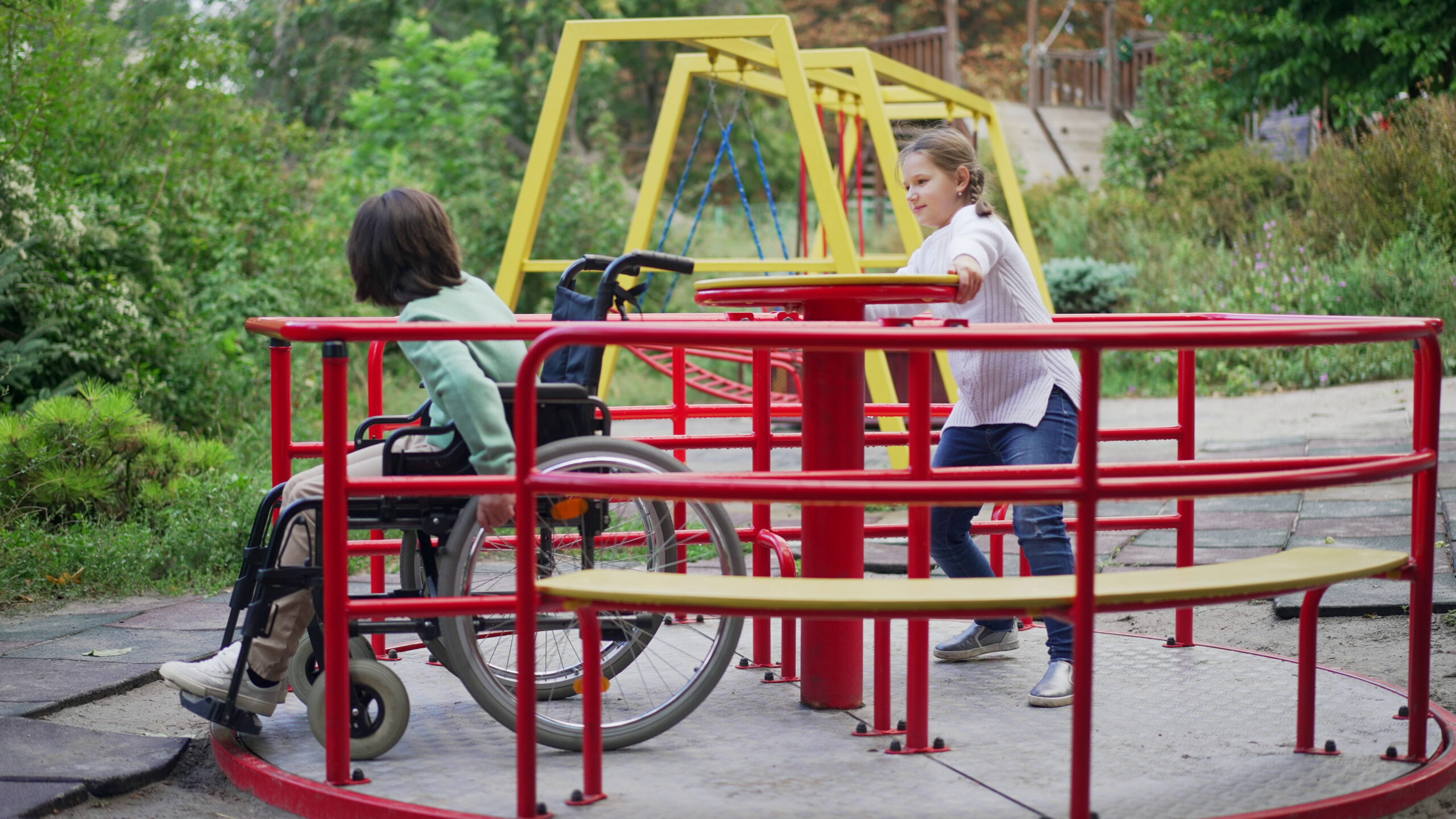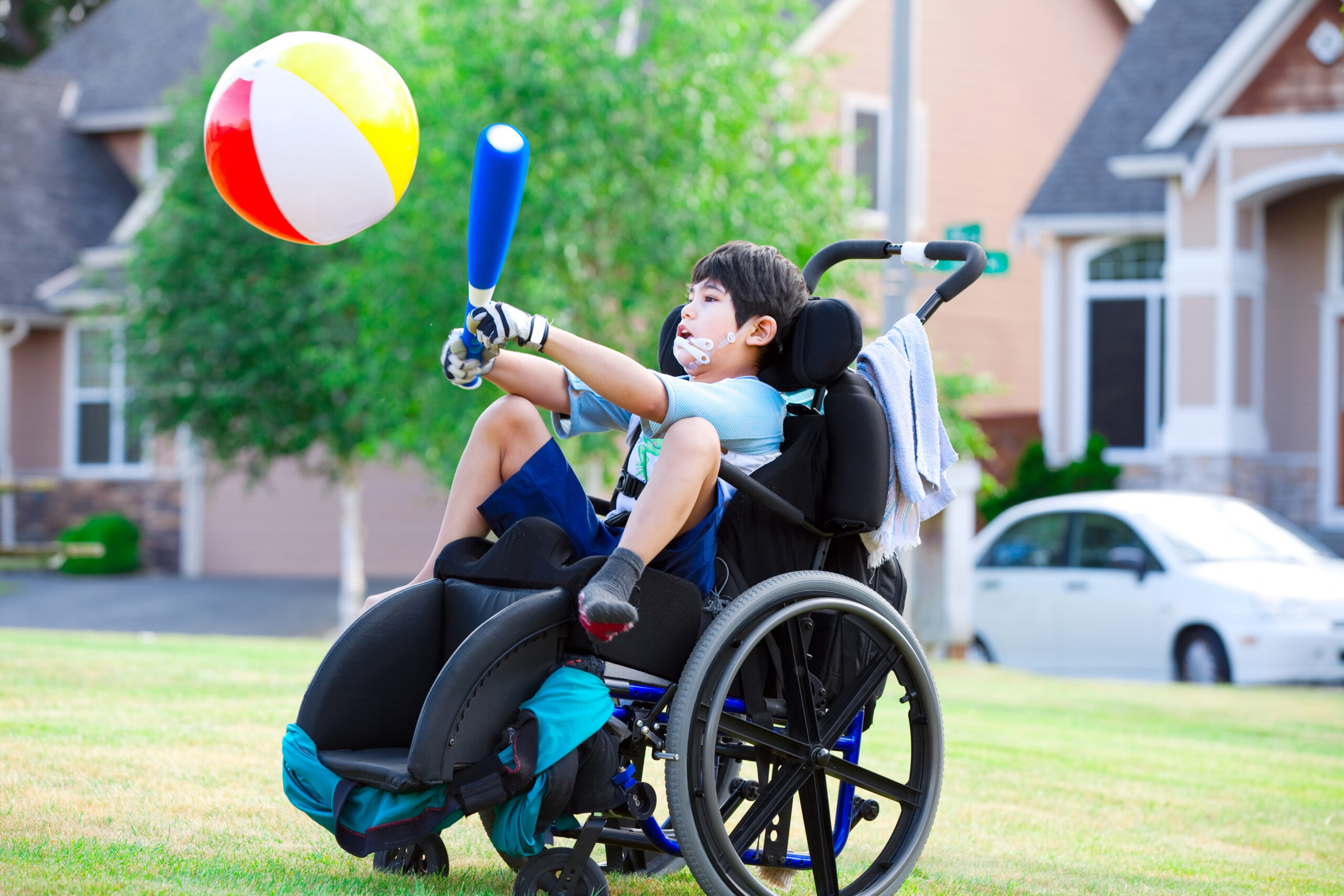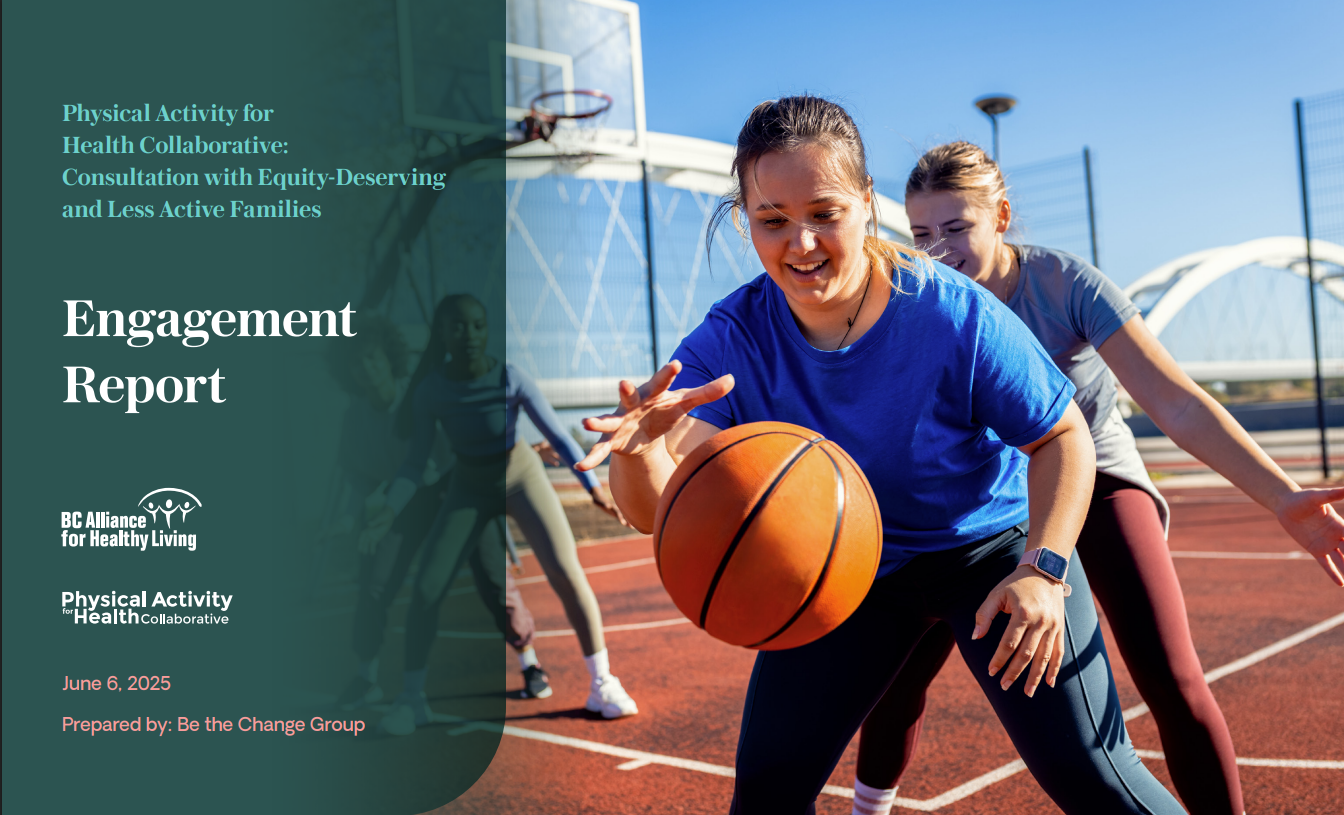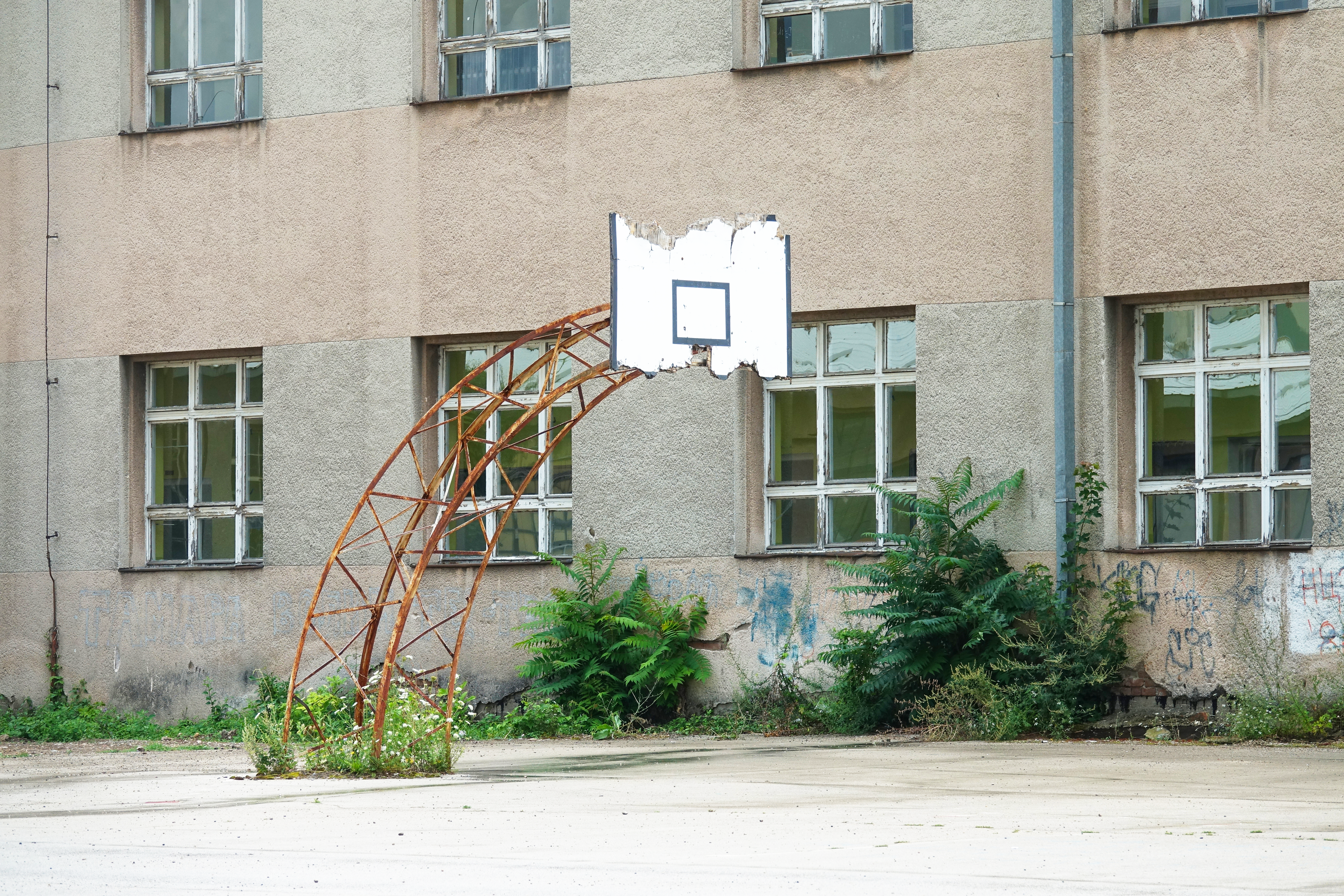The content below is part of the Families Getting Active Report, which reflects the voices of equity-deserving families across BC who especially benefit from targeted, community-informed supports for participating in physical activity. Learn more about this project here.
Families of children with disabilities want their children to play, be active, and feel included when it comes to physical activity. However, they can face multiple, intersecting challenges and barriers to participation. Parents’ time is limited and often divided between conflicting activities: work, school, errands, therapy sessions, and other appointments their children may have. With competing activities, financial strain can also be a challenge.
Throughout this project, families of children with disabilities spoke about the challenges they face when trying to sign their children up for recreational programs. From overwhelming eligibility forms, funding sources, and assessments to the lack of support staff for their children, parents feel burnt out and discouraged from even trying.
Families of children with disabilities also shared what has been successful, citing specific examples of organizations that have invested in staff training and equipped instructors to recognize and respond to children’s individual needs with skill, sensitivity, and flexibility. They pointed out that staff in these settings not only know how to make physical activity more fun and developmentally appropriate, they were also able to create a sense of belonging for children who might otherwise feel excluded.
Every recommendation on this page highlights the voices and needs of families of children with disabilities, and their experiences participating in sport or recreation throughout BC. They give a clear direction for future work, showing the opportunities where leaders and advocates can support children with disabilities and their families in their active living journey.

Recommendations:
Recommendation: Expand accessible and adaptive programming in community centres. Mandate inclusive program delivery across all publicly funded recreation facilities.
Physical activity opportunities must be inclusive by design – not added on as extras. Community hubs and recreation centres should offer adaptive programming as a standard. Establish province-wide policy standards that require public recreation centres to offer inclusive, adaptive, and accessible physical activity programming as part of their core services.
“The fact that none of these programs are designed for kids with disabilities [is an issue]. They are designed for average children, and then that leaves us scrambling to find ways that our children can join in.” (Parent of a child with a disability)
Recommendation: Increase the availability of one-on-one support staff. Publicly fund one-on-one support staff for children with disabilities in recreational settings.
Programs must include higher support ratios without expecting parents to serve as caregivers during sessions. Implement dedicated funding streams to support the hiring of trained support workers in community-based programs.
“Many places think they are being more accessible by letting the parent participate, or offering you can bring your own support worker… This is not accessibility. Caregivers want a program they can enjoy as any other parent would: drop off their child, have them be successful and just observe.” (Parent of a child with a disability)
Recommendation: Create more sensory-friendly spaces and activities.
Parents of children with disabilities believe physical activity spaces should be designed to accommodate sensory needs, including quieter environments, smaller group sizes, and flexibility for individualized support.
Recommendation: Facilitate community-building and knowledge sharing through inclusive activity programs.
While children engage in play, parents should be supported in building their own sense of community, which will reduce isolation and strengthen informal support networks.
Recommendation: Develop a provincial volunteer-based inclusion support program.
Create and fund a coordinated volunteer inclusion initiative that trains, certifies, and deploys volunteers to assist children with disabilities during recreation programs.
“Wouldn’t it be amazing if you could register your child and get a volunteer for support if needed? Then I wouldn’t have to physically be there – and my child could interact with someone other than me.” (Parent of a child with a disability)


